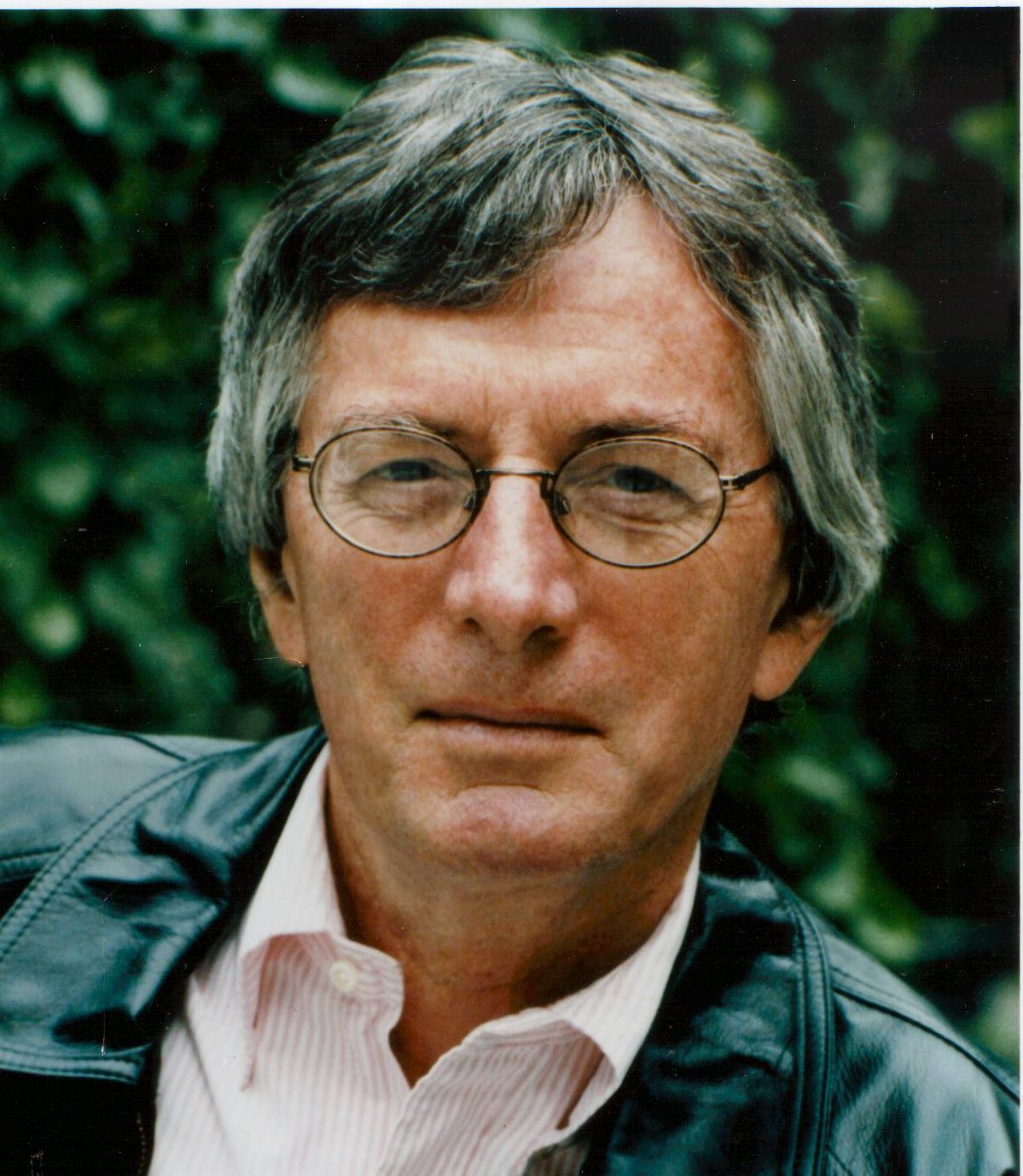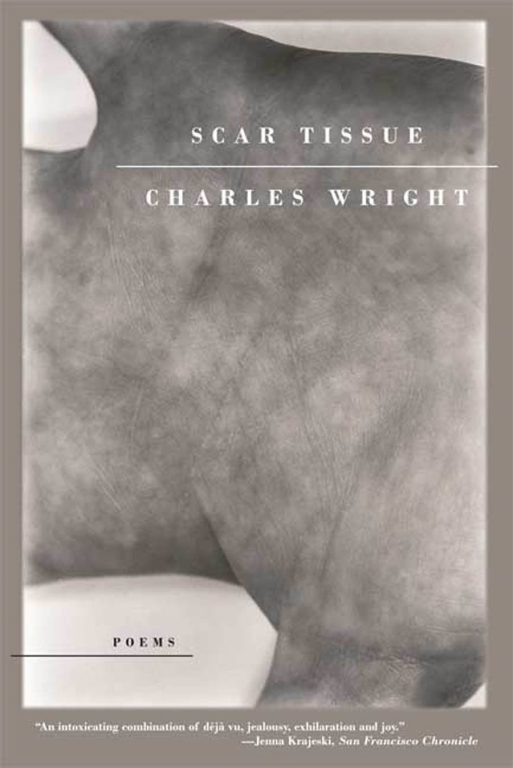
Charles Wright’s books of poetry include The Grave of the Right Hand (1970); Hard Freight (1973); Bloodlines (1975); China Trace (1977); The Southern Cross (1981); Country Music: Selected Early Poems (1982); The Other Side of the River (1984); Zone Journals (1988); The World of the Ten Thousand Things: Poems 1980 – 1990 (1990); Chickamauga (1995), which won the Academy of American Poets’ Lenore Marshall Poetry Prize; Black Zodiac (1997), which received the 1998 Pulitzer Prize for Poetry; Appalachia (1998); Negative Blue: Selected Later Poems (2000); A Short History of the Shadow (2002); Buffalo Yoga (2004); The Wrong End of the Rainbow (2005), Scar Tissue (2006), Littlefoot (2007), Sestets (2009), Outtakes (2010), Bye-and-Bye: Selected Late Poems (2013), and Caribou (2014).
He has received a Guggenheim Fellowship (1975), the PEN Translation Prize for his translation of the Italian poet Eugenio Montale’s The Storm and Other Things (1979), the National Book Award in Poetry (1983), the Ruth Lily Poetry Prize (1993), the Rebekah Johnson Bobbitt National Prize for Poetry (2008), and the Bollingen Prize for American Poetry (2013).
In 2014, Charles Wright was named Poet Laureate of the United States. He served as a professor of English at the University of Virginia at Charlottesville, where he also lives.

Judges’ Citation
In Scar Tissue, as in his other books, he is a poet of great originality and beauty.
Selected poems
by Charles Wright
The shroud has no pockets, the northern Italians say.
Let go, live your life,
the grave has no sunny corners—
Deadfall and windfall, the aphoristic undertow
Of high water, deep snow in the hills,
Everything’s benediction, bright wingrush of grange.
Spring moves through the late May heat
as though someone were poling it.
Copyright © 2006 by Charles Wright, Scar Tissue, Farrar, Straus and Giroux
High Country Canticle
To lighten the language up, or to dark it back down
Becomes the blade edge we totter on.
To say what is true and clean,
to say what is secret and underground,
To say the things joy can’t requite, and to say them well …
This is the first conundrum.
The second is like unto it,
the world is a link and a like:
One falls and all falls.
In this last light from midsummer’s week,
who knows which way to go?
The great blue heron wheels up the meadow
and folds into Basin Creek.
Only the fish know which angle his shadow will make.
And what they know is not what he knows,
Which is neither light nor dark nor joy,
but is just is, just is.
Copyright © 2006 by Charles Wright, Scar Tissue, Farrar, Straus and Giroux
Little Landscape
At the start, it goes like this –
One’s childhood has a tremendous shape,
and moves like a wild animal
Through the deadfall and understory.
It’s endlessly beautiful,
elusive and on to something.
It hides out, but never disappears.
Later, the sacred places Delphi and Italy on us,
Flicking and flashing through the forest,
half-seen, half-remembered.
And with them the woods itself,
Each tree, each interlude of marsh grass and beaver shade
Something to tug the sleeve with.
In the end, of course, one’s a small dog
At night on the front porch,
barking into the darkness
At what he can’t see, but smells, somehow, and is suspicious of.
Barking, poor thing, and barking,
With no one at home to call him in,
with no one to turn the light on.
Copyright © 2006 by Charles Wright, Scar Tissue, Farrar, Straus and Giroux